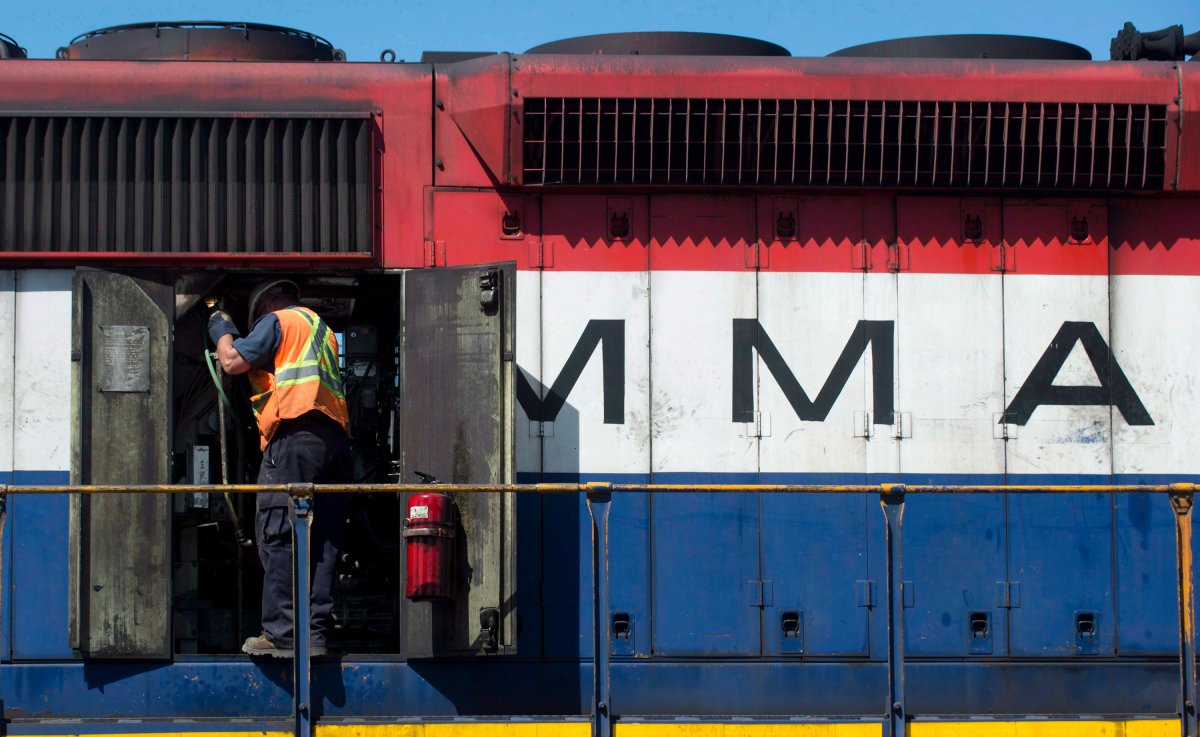MONTREAL — Reactions of Montreal, Maine and Atlantic (MMA) railway employees the night of the Lac-Megantic train derailment have been revealed in unsealed court documents.

A “heavily redacted version” of the search warrant was provided to The Montreal Gazette and the Journal de Montréal after a search warrant request was made.
It is important to note that the information and allegations within the documents have not been proven in court.
MORE: Lac-Megantic train disaster
The court documents show how some of the railway employees reacted in the run-up to the train disaster that killed 47 people and destroyed the town centre last July. They also reveal what train engineer Thomas Harding told investigators about what happened that night.
Harding, Jean Demaitre and Richard Labrie were arrested, charged and released on bail, after appearing in a makeshift courtroom in Lac-Megantic on May 13.
The three men face 47 charges of criminal negligence causing death in connection to the Lac-Megantic train disaster.

Harding was the driver of the train, Labrie was the railway traffic controller and Demaitre was the manager of train operations.
According to The Gazette, some of the allegations include a claim that after a fire broke out on the train, MMA railway sent an unqualified employee to check on the situation and ensure the train had been secured.
Harding allegedly told investigators that he had set seven hand brakes on the train; two fewer than required by the railway company and eight fewer than an independent investigator recommended.
The court documents also included interviews with several MMA employees, who told investigators that they believed the railway company’s equipment and train tracks were in poor condition.
Labrie apparently also said that many who worked with the company were concerned about a “catastrophe” given what the trains were transporting.









Comments